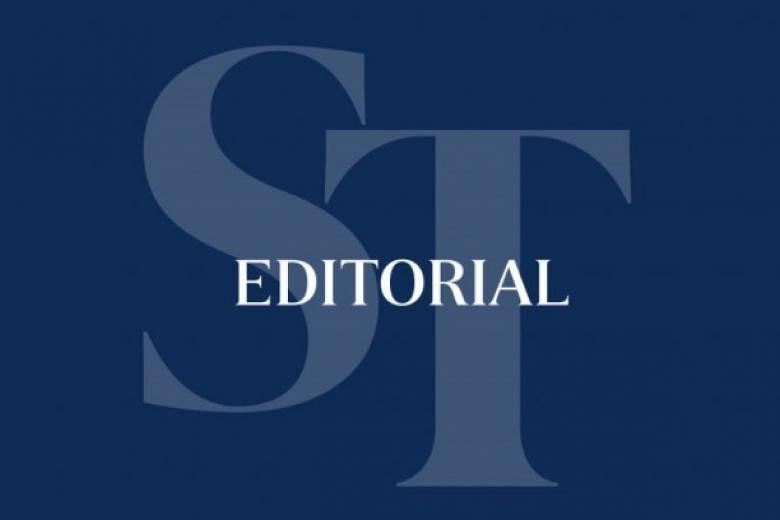With Iran set to hold presidential elections in June, one that could well see a hardline conservative replace pragmatist current President Hassan Rouhani, there has been growing urgency to revive the nuclear deal that major powers, including the United States under the Obama administration, signed with the Islamic nation. The 2015 Joint Comprehensive Plan of Action traded billions of dollars worth of sanctions relief for Teheran agreeing to roll back much of its nuclear programme. But former president Donald Trump pulled the US out of the deal in 2018, driven by his dislike of Mr Barack Obama's foreign policy, and by a need to shore up an anti-Iran coalition that included allies Israel and Saudi Arabia.
It is heartening, therefore, that the US and Iran have agreed to participate in talks starting in Vienna today that will try to revive the deal. Although both sides will not hold direct talks - they will be in the Austrian capital but not in the same room - the development underscores US President Joe Biden's inclination to return to the deal. The meeting will attempt to draw up negotiating lists - sanctions the US could lift and nuclear obligations Iran should meet. Clearly, there has been movement backstage for the two to reach this point. It is a welcome step, and must be followed by a workable agreement that can stand with the new Iranian leader, whoever he may be.
Already a subscriber? Log in
Read the full story and more at $9.90/month
Get exclusive reports and insights with more than 500 subscriber-only articles every month
ST One Digital
$9.90/month
No contract
ST app access on 1 mobile device
Unlock these benefits
All subscriber-only content on ST app and straitstimes.com
Easy access any time via ST app on 1 mobile device
E-paper with 2-week archive so you won't miss out on content that matters to you

